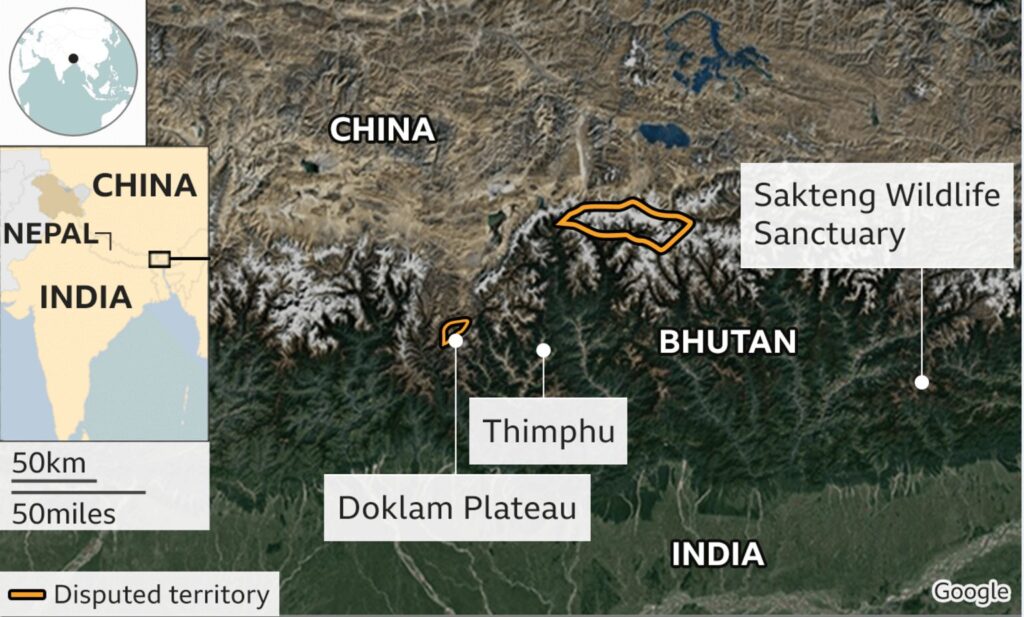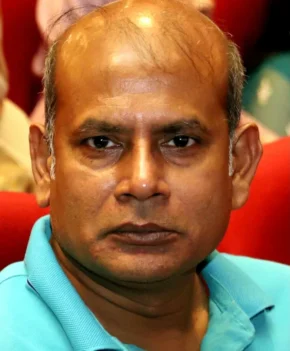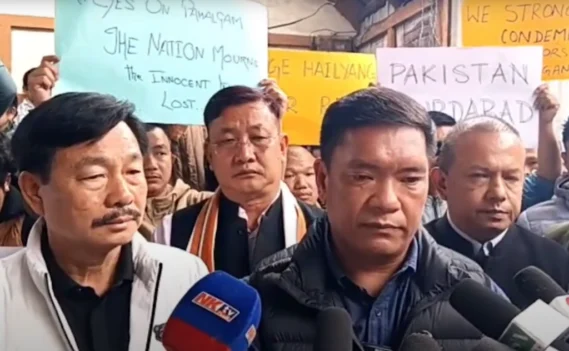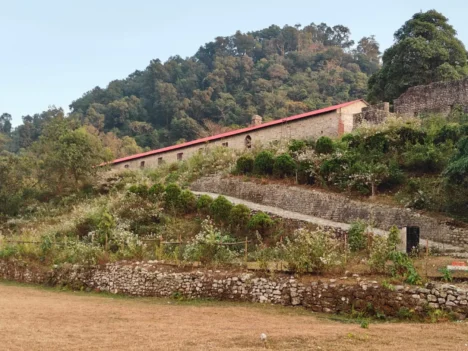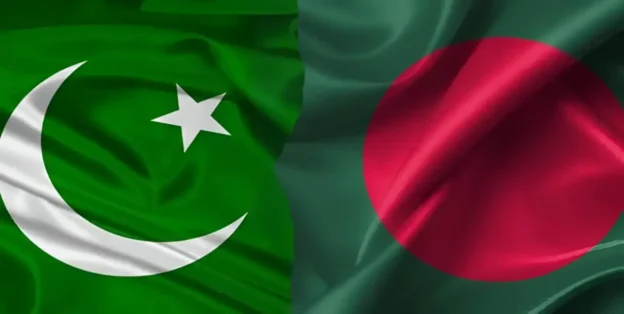Six years after Indian and Chinese soldiers clashed in Doklam, a strategic plateau claimed by both Bhutan and China, Bhutan’s Prime Minister told a Belgian newspaper that Beijing has a vested interest in resolving the lingering dispute.
Because the Doklam plateau lies at a tri-junction – between China’s Chumbi Valley to the north, Bhutan’s Ha district to the east, and India’s Sikkim state to the west – the Bhutanese Prime Minister’s statement is likely to cause some concern on the Indian side. Since 1961, it has been depicted as part of Bhutan on Bhutanese maps, but it is also claimed by China. Despite several rounds of border talks between Bhutan and China, the dispute has not been resolved.
According to an NDTV report, experts see this as a veiled hint that Thimphu is willing to negotiate the status of the tri-junction at Doklam between India, China, and Bhutan.
Tshering’s statement according to the report, contradicts what he told The Hindu in 2019, that “no side” should do anything near the existing tri-junction point between the three countries “unilaterally.”
China wants to relocate the tri-junction to a peak called Mount Gipmochi, about 7 kilometres south of Batang La. If that happens, the entire Doklam plateau will legally become part of China, which is unacceptable to New Delhi.
Source: IDRW

